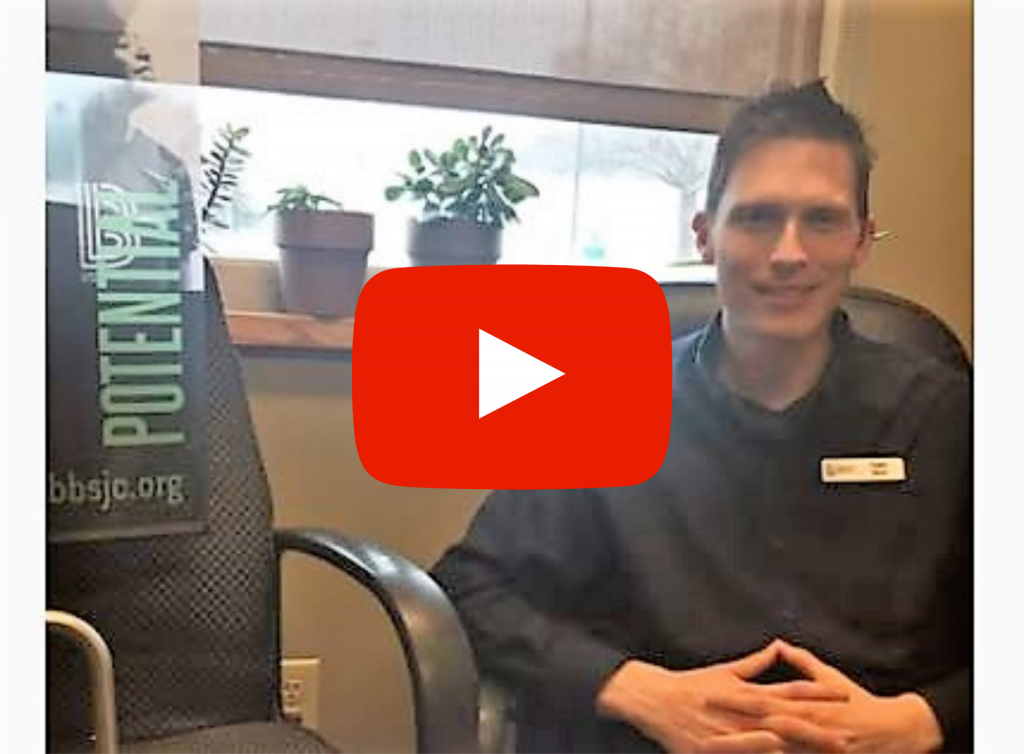
“It makes me hurt both physically and mentally. It scares me and takes away all my confidence. It makes me feel sick and worthless.”
-A teenage victim of cyberbullying
Did you know that 1 out of 3 tweens/teens have been victims of cyberbullying? Or that even younger kids are being increasingly victimized?
Cyberbullying is willful and repeated harm inflicted through computers, cell phones, or other electronic devices. Cyberbullied kids are at increased risk for family and academic problems, low self-esteem, violence, and even suicidal thoughts and actions.

SIGNS TO WATCH FOR
It can be hard to help a cyberbullying victim (or perpetrator), since bullying can be intimidating and/or embarrassing to share. If a rumor spread about you, or embarrassing pictures were circulating online, would you want to draw attention to it/them? Likely not.
What you can do: ask the young person(s) you care about how they spend time online and know these signs of potential cyberbullying:
- Changes in online behavior (such as unexpectedly stopping use of devices, using devices at all hours of the night, using multiple online accounts or an account not their own)
- Appearing nervous or uneasy when using devices, or at school
- Getting upset if unable to use devices
- Avoiding discussions about online activities
- Appearing angry, depressed, or frustrated after messaging, using social media, or gaming
If you suspect trouble, act. Discuss it with the youth, their parent/guardian, Big Brother/Sister, school staff, and/or your BBBS Mentoring Specialist.
DISS – HOW TO RESPOND:
When bullying occurs, empower the victim by helping them learn and practice the *DISS response:
Disengage from the bully. Bullies are not looking for productive conversations. Silence is the least satisfying response they can receive. Be quick to block someone harassing you online.
Invite bystander support. Call out bad behavior (keep it about the behavior, not the perpetrator; bullying doesn’t cure bullying). Invite others by name to offer their support. Little Sister Isolina put it this way:
“A lot of the time it’s hard to go directly to the person who is being bullied… so go through their friends, because they might be more likely to convince them they should get some help, or stand up to the person. But even if they don’t stand up to the person, their friends know about it then, so they will.”
Set space and time apart from the Internet/social media. If someone has been harassed online, they can be tempted to constantly check the inbox/social media/etc. for threats. Instead, make the empowering choice to dedicate time and energy to more fulfilling pursuits.
Seek social support. Encourage victims to talk with trusted adults to help decide the next step(s). In addition to parents and guardians, trusted adults could be another relative, Big Brother/Sister, school or mental health counselor, TEEN Line or Iowa Concern Line (1-800-447-1985), religious leader, educator, or coach. Being bullied can feel very isolating. Help the victim see they have a choice whether to isolate or not. The more supports a young person has in place, the better their chances of thriving.
PERSPECTIVE
If someone you know is bullying others, they may be responding to their own adversity. Calling out bad behavior but connecting an offender to help shows that bullying isn’t tolerated, but that they are still valued as a person.
Big Sister Iris shared this wisdom:
“If I could give little me advice it would be to not think it’s about me. Don’t be angry with them. Because feeling care and empathy for your bully is going to do more than hating your bully.”
WHAT ELSE CAN I DO?
Talk with your Mentoring Specialist. Continue educating yourself, and others. (We recommend reading this 9-page guide from the Cyberbullying Research Center that helped inform this content: Cyberbullying: Identification, Prevention, & Response.) And let us know what youth development-related content you want us to focus on in the future.
Thank you for becoming a more knowledgeable partner today!
Sincerely,
Big Brothers Big Sisters of Johnson County
*Adapted from Why is Cyberbullying So Damaging and How Can You Cope? from The Savvy Psychologist’s Quick and Dirty Tips podcast.



